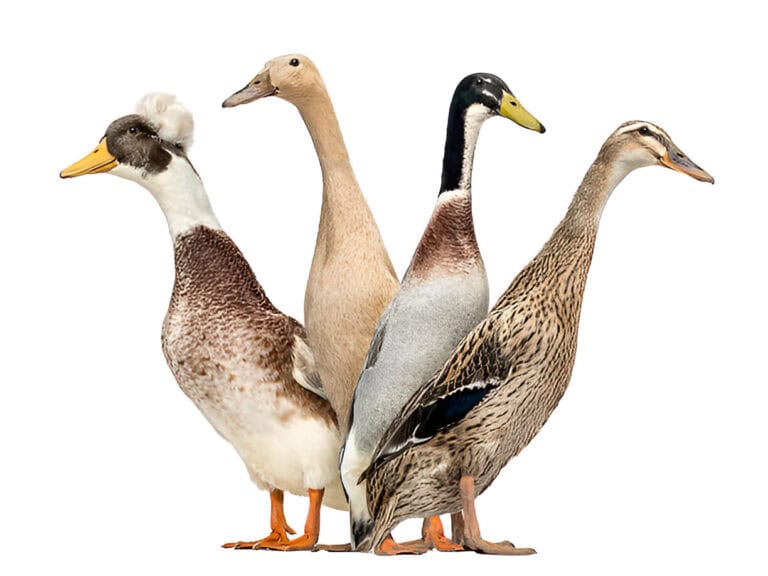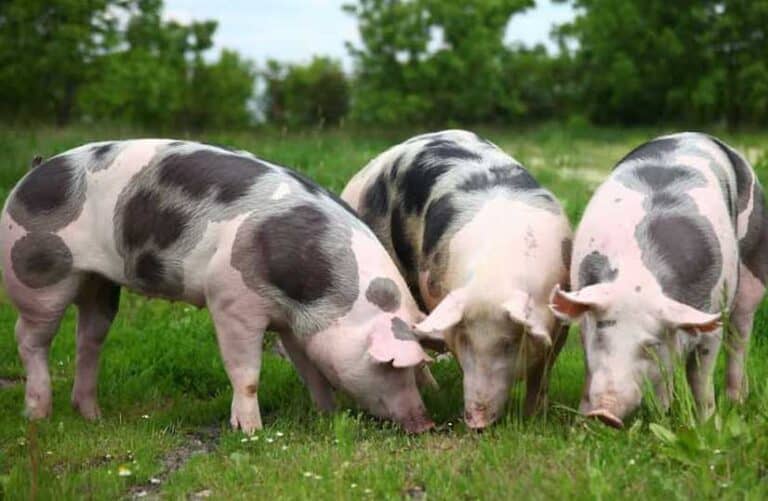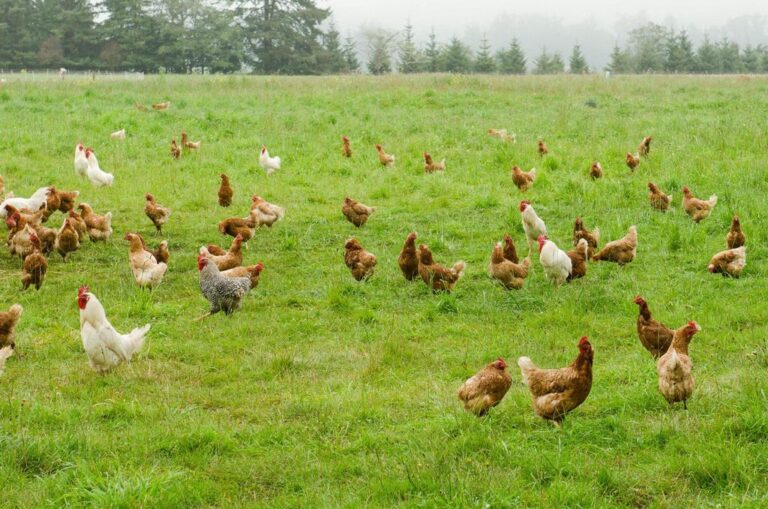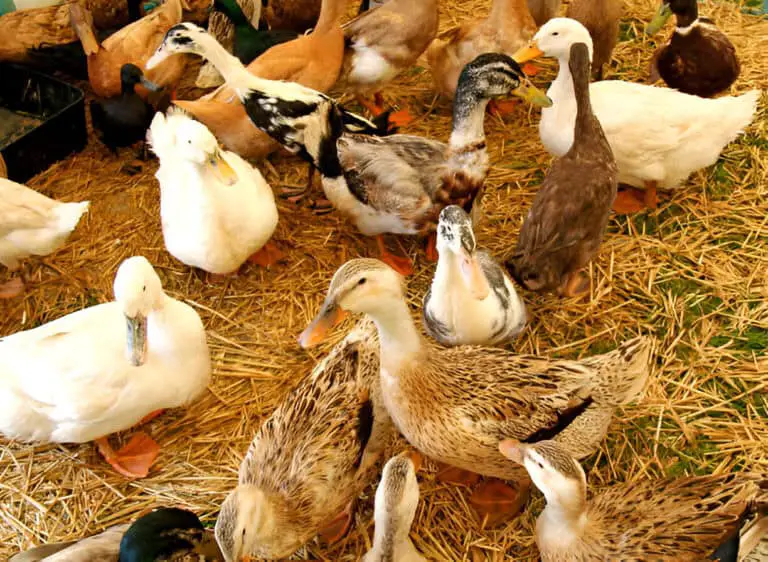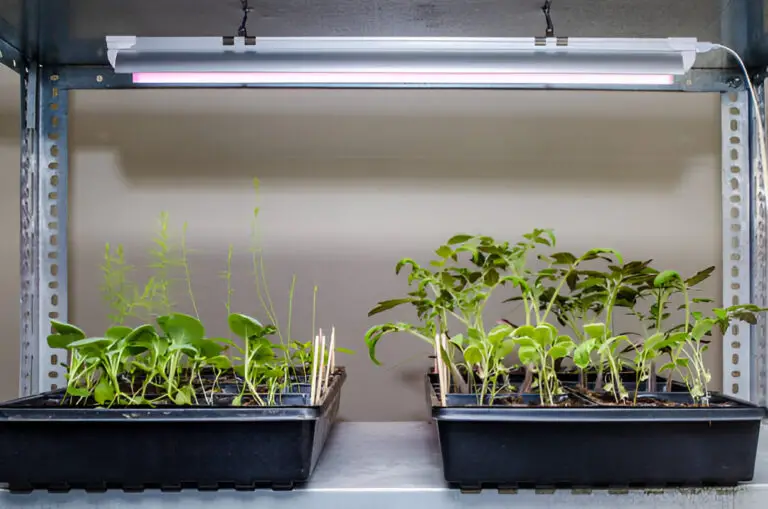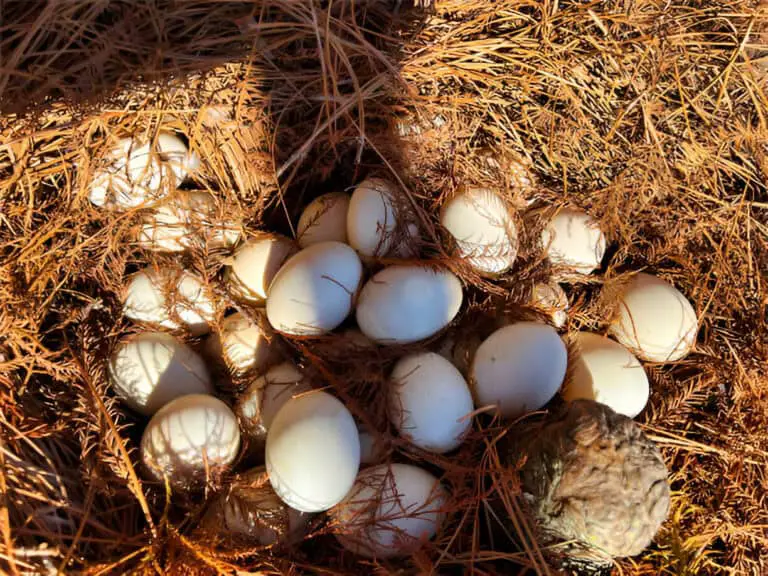The Top Duck Breeds for Homesteading or Small Farms You Should Know
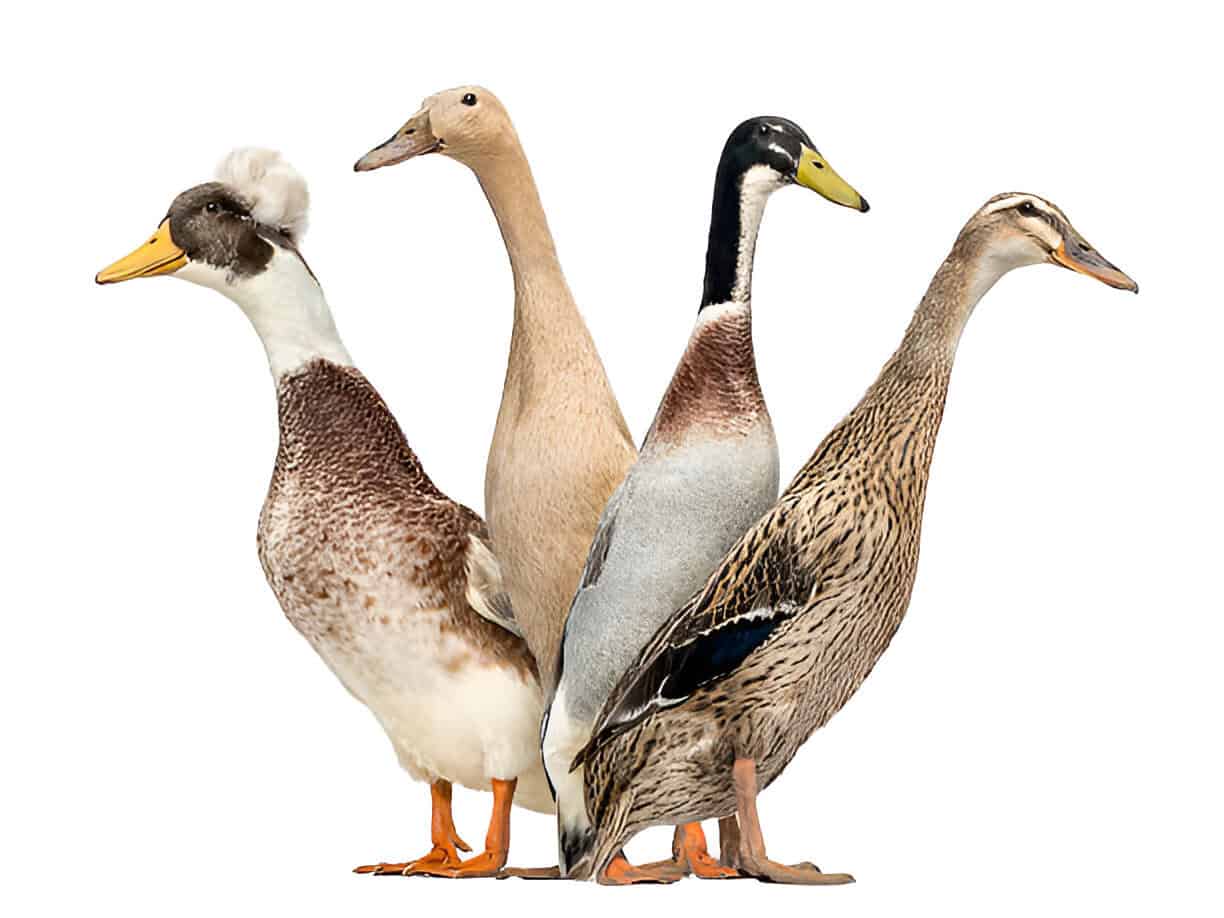
If you’re considering adding ducks to your homestead or small farm, you’re in for a treat. Ducks offer a variety of benefits, from their delicious eggs to their ability to help with pest control. But, like with any farm animal, not all duck breeds are created equal. Whether you’re raising ducks for eggs, meat, or simply companionship, picking the right breed is essential. After all, you wouldn’t want to pick a couch potato breed for a job that needs an active, hardworking companion, right?
In this blog post, I’ll walk you through the top duck breeds that thrive in homestead settings, with a focus on their unique characteristics. From their egg-laying potential to their temperament, you’ll get to know each breed’s strengths so you can make the right choice for your needs.
1. Pekin Duck: The Egg-Laying Workhorse
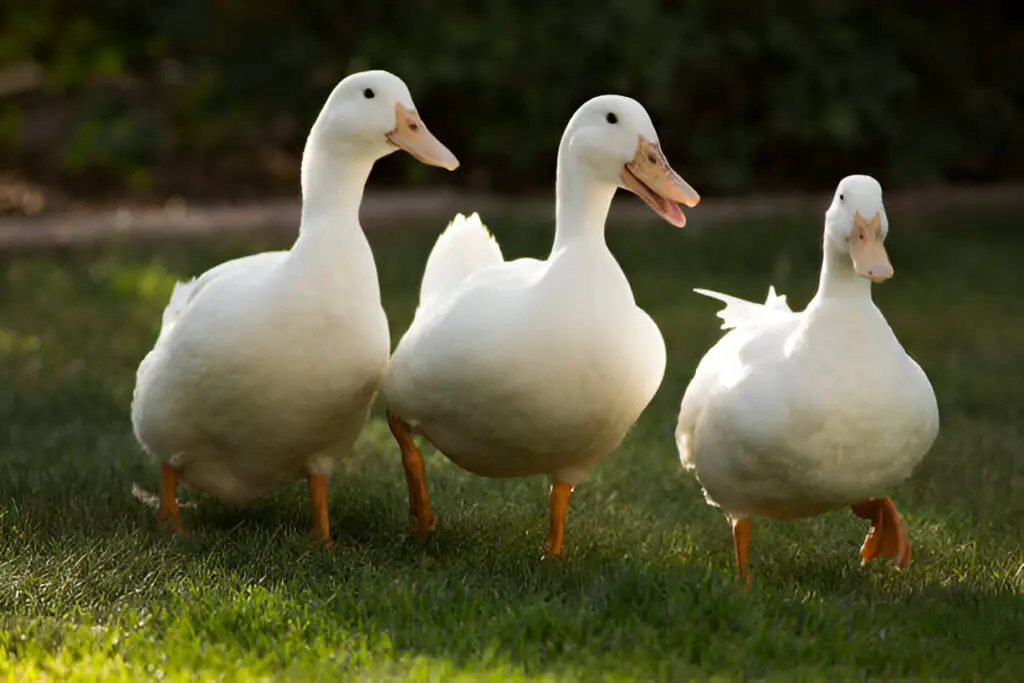
The Pekin duck is probably the first breed that comes to mind for many homesteaders, and for good reason. These ducks are sturdy, adaptable, and great for small farms. They have a high egg production rate, which is a major perk for anyone looking to raise ducks primarily for eggs. Pekins are also a popular choice for duck meat because of their fast growth and tender meat.
Why Choose Pekin Ducks?
- Egg Production: Pekins can lay up to 300 large eggs a year.
- Meat Quality: They grow quickly and provide a significant yield of high-quality meat.
- Temperament: Pekins are known for being friendly and easy to handle, making them great for beginners.
If you’re looking for a dual-purpose breed (eggs and meat), Pekins are your best bet. Plus, they have a calm disposition, so they’ll be a delight to have around, whether you’re on the farm or simply enjoying their antics in the backyard.
2. Khaki Campbell: The Egg-Laying Champion
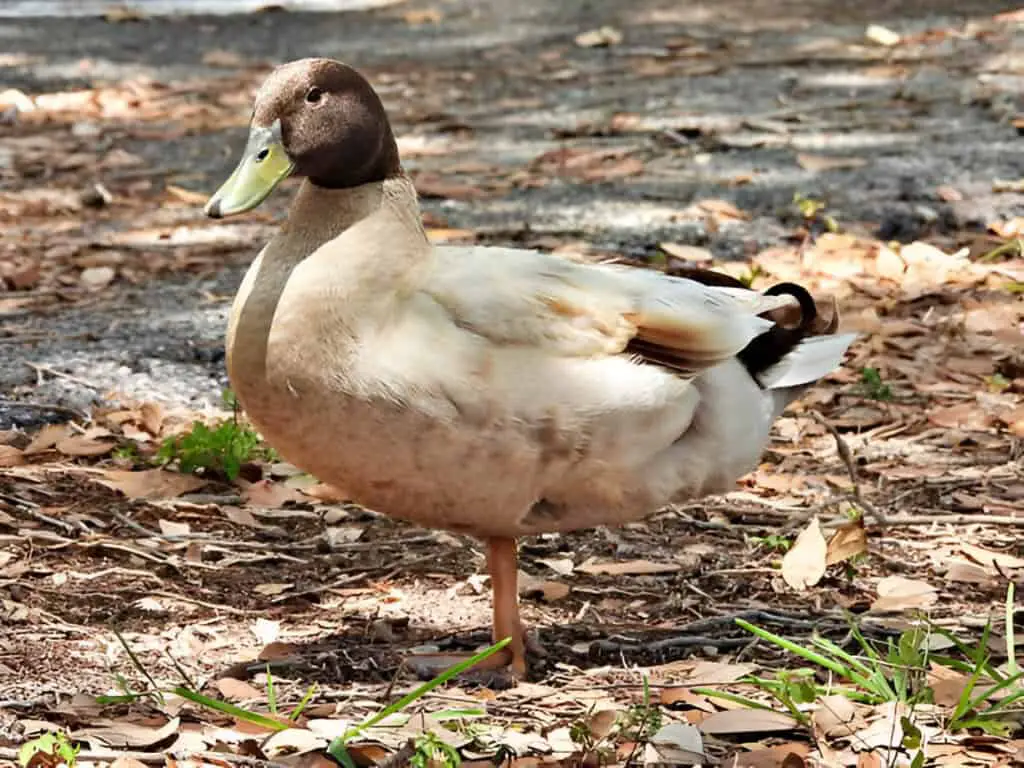
When it comes to egg production, the Khaki Campbell duck is truly a champion. Originating from England, this duck breed is known for its incredible egg-laying abilities. Khaki Campbells are not only efficient but also quite hardy, which makes them perfect for homesteads where you need reliable layers, even through varying weather conditions.
Why Choose Khaki Campbell Ducks?
- Egg Production: Expect around 280-320 eggs per year.
- Hardiness: They’re known to adapt well to both warm and cold climates.
- Temperament: Khaki Campbells are a bit more active and independent than other breeds, but they’re still easy to handle.
While Khaki Campbells aren’t the best for meat production (they’re a bit on the smaller side), their egg-laying prowess is unparalleled. So, if your primary focus is eggs, this breed will surely keep your kitchen stocked.
3. Rouen Duck: The “Gourmet” Choice for Meat
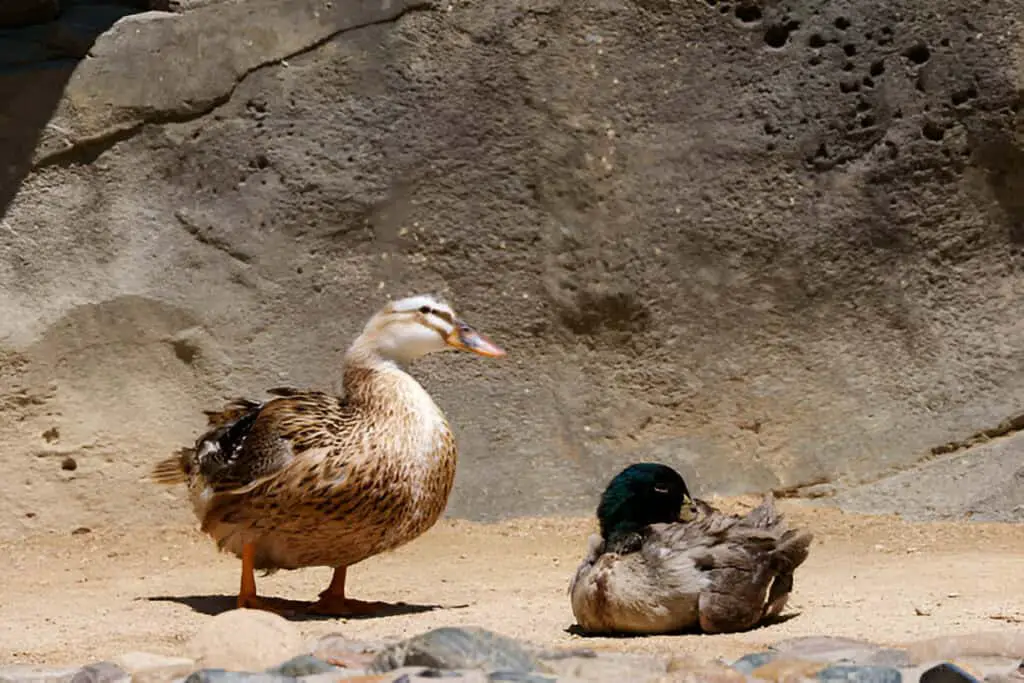
If you’re raising ducks for meat, the Rouen duck might be your golden ticket. Known for their large size and rich flavor, Rouen ducks are often compared to the famous French dish “confit de canard.” These ducks are slow to mature, but their meat is worth the wait.
Why Choose Rouen Ducks?
- Meat Quality: Rouens are a premium meat duck, producing rich, flavorful meat with a nice fat content.
- Egg Production: While they’re primarily bred for meat, Rouens still lay a decent number of eggs—around 150 per year.
- Temperament: Rouens are calm and friendly, making them easy to manage on a small farm.
Rouens are perfect for homesteaders who want to raise ducks for gourmet-quality meat but still get some eggs for the table. If you’re thinking of butchering ducks for your family, Rouens will give you a high yield of tasty meat, all while keeping their laid-back nature.
4. Mallard: The Wild One
Though wild Mallards are common, domesticated Mallards have become a popular choice for smaller farms. They’re smaller than other farm duck breeds but are excellent for homesteads looking for low-maintenance, hardy ducks that can handle various environments. While they don’t produce as many eggs as other breeds, Mallards have a lot to offer in terms of adaptability and personality.
Why Choose Mallard Ducks?
- Hardiness: Mallards are known for their adaptability to different climates and environments.
- Low Maintenance: They require less care compared to other breeds, making them great for beginners.
- Temperament: Mallards are active, curious, and can be quite entertaining to watch.
If you’re looking for ducks that bring a touch of nature to your farm, Mallards are a great option. Their personality and resilience make them perfect for anyone seeking a more natural, low-effort addition to the farm.
| Read: Do Male Ducks Change Color? The Shocking Truth Feathers Don’t Tell |
5. Indian Runner: The “Workhorse” Duck
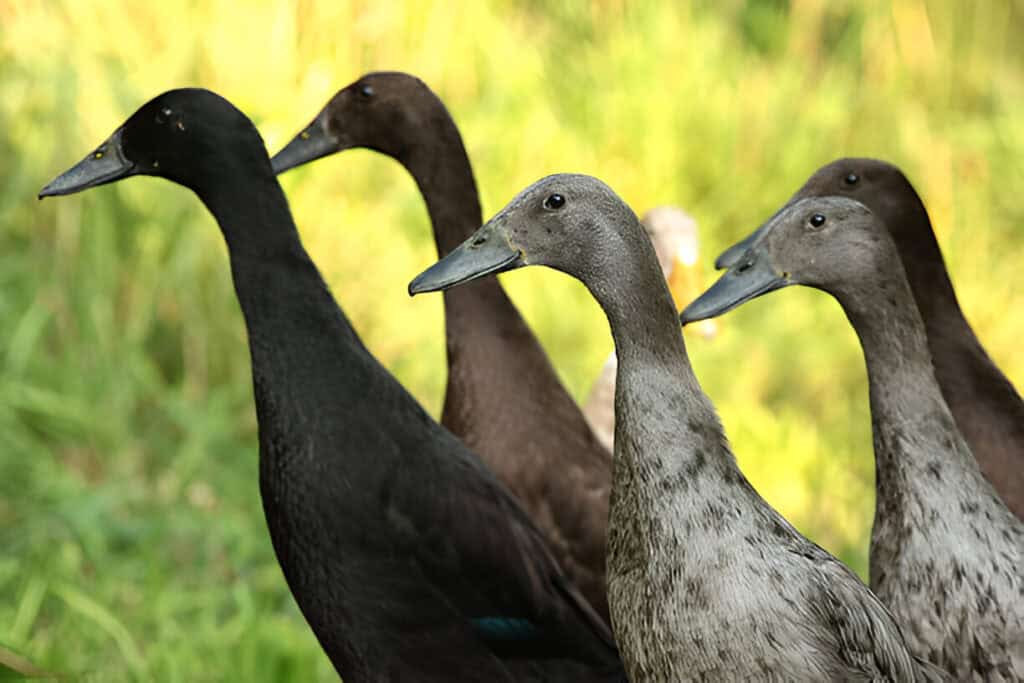
Indian Runner ducks are a bit of an anomaly compared to other breeds. Instead of waddling, these ducks run! They’re one of the most productive duck breeds, known for their egg-laying prowess and their unique, upright posture. They’re often referred to as “workhorse” ducks due to their hardworking nature, making them perfect for homesteads that want ducks that contribute in multiple ways.
Why Choose Indian Runner Ducks?
- Egg Production: Expect between 250-350 eggs per year, depending on the conditions.
- Energy: Indian Runners are incredibly active and energetic, so they’re great at foraging and can help with pest control.
- Temperament: Though they’re not the cuddliest ducks, they are very efficient and hardy.
Indian Runners are fantastic for homesteaders who need ducks that do the work while still providing a steady supply of eggs. They’re great for foraging, so if pests are an issue on your farm, these ducks will have it covered.
6. Welsh Harlequin: The Best of Both Worlds
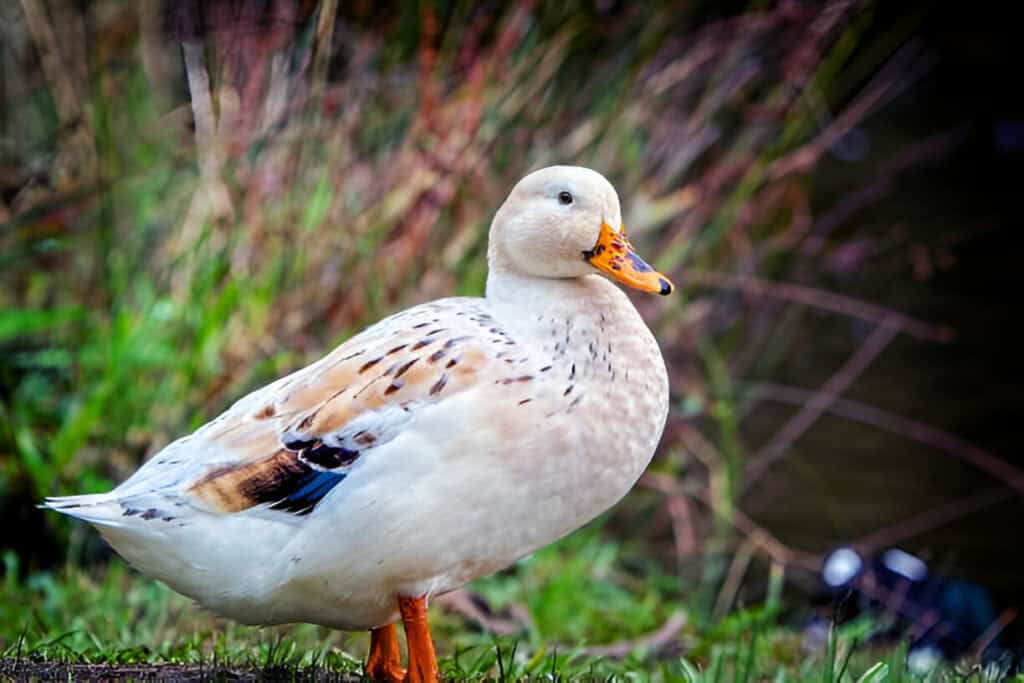
If you want a breed that combines both excellent egg production and quality meat, the Welsh Harlequin is worth considering. These ducks are friendly, hardy, and highly productive. They’re not as large as the Rouen or Pekin, but they offer a solid balance between eggs and meat, making them a perfect fit for small farms.
Why Choose Welsh Harlequin Ducks?
- Dual Purpose: They provide a good amount of both eggs and meat.
- Egg Production: Expect around 250-300 eggs a year.
- Temperament: Welsh Harlequins are calm, friendly, and easy to manage.
The Welsh Harlequin is perfect for homesteaders who want ducks that can do it all—lay eggs, produce meat, and have a sweet disposition that makes them easy to handle.
7. Swedish Duck: The Hardy, Elegant Breed
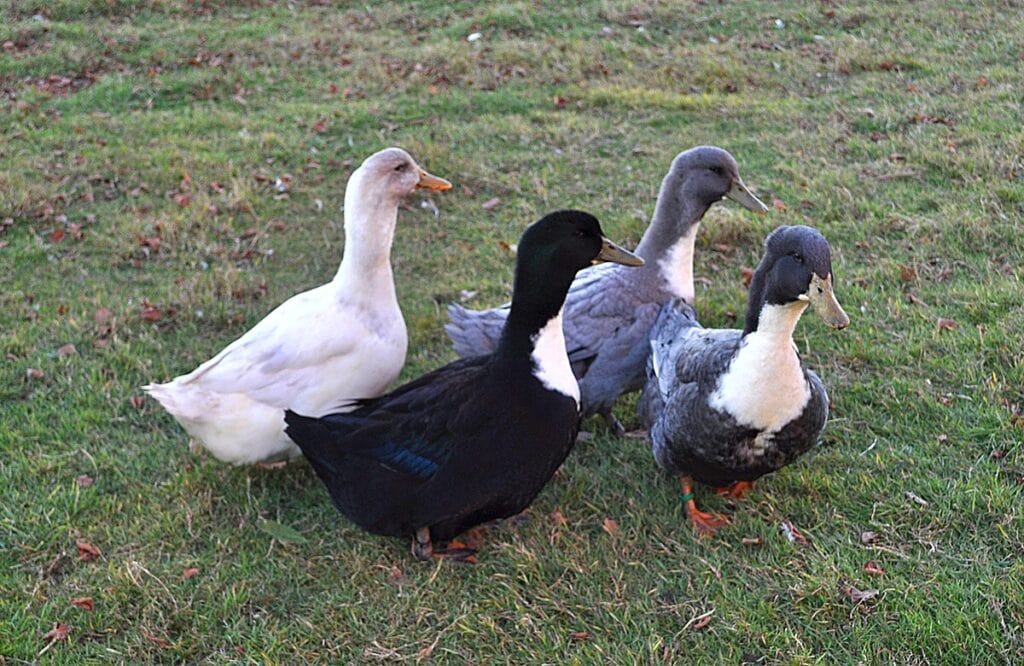
If you’re looking for a duck that’s as beautiful as it is functional, the Swedish Duck might be the one for you. With their striking white and black markings, these ducks are known for their hardiness and versatility. While they’re not as prolific in egg-laying as some of the other breeds, they make up for it with their strong constitution and stunning appearance.
Why Choose Swedish Ducks?
- Hardiness: Swedish Ducks thrive in cold climates, making them ideal for farms in chillier regions.
- Egg Production: While not the highest egg producers, they still offer a good number of eggs for a small farm.
- Temperament: Swedish Ducks are calm, gentle, and great for beginners.
If your farm experiences harsh winters or if you simply love their unique appearance, Swedish Ducks will be a wonderful addition to your flock.
What Breed of Duck Do We Eat In the UK and Us?
When it comes to duck meat on the table in both the UK and the US, one breed dominates the plate—Pekin duck. Also known as the Long Island duck in America, this breed is prized for its mild flavor, tender texture, and light-colored meat, making it a favorite in restaurants and home kitchens alike.
Though Pekin leads the pack, a few other duck breeds also show up on menus and at butcher counters. The Muscovy duck has a richer, slightly gamier taste and is more common in gourmet dishes. Meanwhile, Moulard ducks, a hybrid of Pekin and Muscovy, are popular in French-style cooking, especially for their large, flavorful breasts.
Here’s a quick look at popular edible duck breeds in both countries:
| Duck Breed | Flavor Profile | Common In |
| Pekin | Mild, tender, juicy | US & UK |
| Muscovy | Rich, lean, gamey | UK |
| Moulard | Meaty, intense flavor | US (French cuisine) |
No matter the breed, properly cooked duck brings something special to the table.
Conclusion: Choosing the Right Duck for Your Homestead
Choosing the right duck breed for your homestead or small farm depends largely on your needs and goals. Whether you’re looking for excellent egg layers, high-quality meat, or just charming companions, there’s a duck breed that will fit your farm perfectly.
Each breed has its own strengths, so consider what’s most important for you—egg production, meat quality, or the overall temperament of your ducks. With the right breed, ducks can be a valuable addition to your homestead, providing eggs, meat, and even some extra joy along the way.
Happy farming, and may your duck adventure be as fruitful as it is fun!

